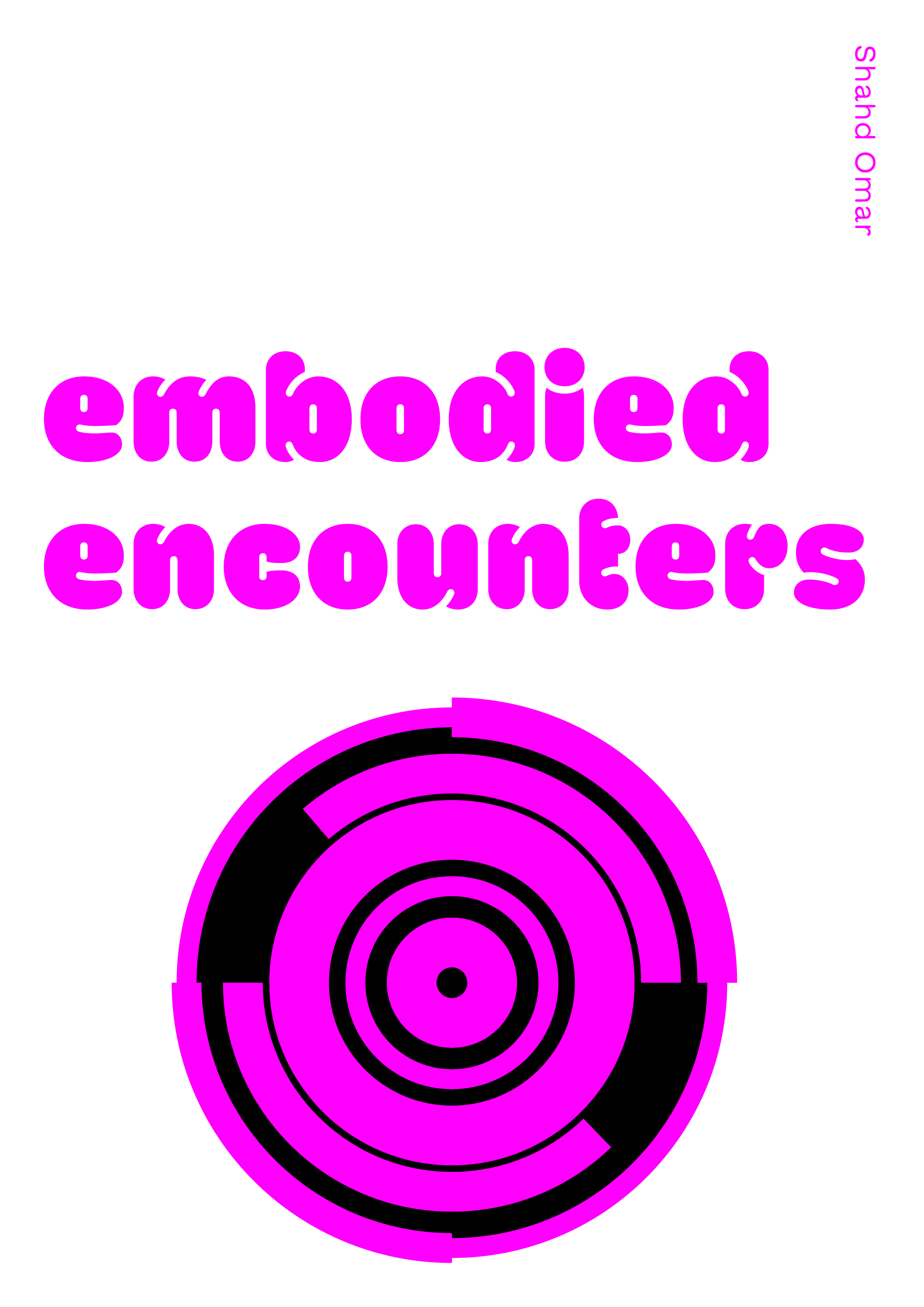![]()
Players: 2 - 3 players
Duration: 2 - 15 minutes/round
About
Many cultures define consent as the act of giving permission or allowing for something to happen. We often think about consent in the context of intimacy and as a tool to avoid violation. Consent is thought of as something that has to happen in order for intimacy to take place—and that is where the tagline “no means no” comes from. In my experience, however, consent extends to areas far greater than the intimate. Consent is a life practice. It is the practice of creating sound agreements with those around us in order to feel comfortable in all of our encounters.
In recent frameworks (such as Betty Martin’s Wheel of Consent®), consent has been redefined to include the process of establishing agreements between ourselves and others. Here, consent is framed as an ongoing practice rather than a one-time exchange. It is the process of figuring out what we want and, empowered with our ability to choose, of making decisions between two people or within a group. It’s about having the freedom to choose how we relate to others. Consent is at the foundation of the process of relating itself.
With Embodied Encounters, we step into our bodies to explore what “yes” and “no” feel like. We also learn about how consent and communication are more than just words. Our bodies speak. Without words, we explore ways of saying yes and no, and also ways of receiving yes and no from others—creating a world of empowered choice. Because consent practice is at its core somatic, of the body. We make agreements based on how we experience our boundaries as we embody many encounters.
Downloads
︎︎︎ EE_About.pdf
︎︎︎ EE_Cards.pdf
Shahd Omar
is a somatic coach based in Cairo. She is a focusing trainer and psychotherapist-in-training. Her professional interests include women’s pelvic and reproductive health, with special focus on consent, boundaries, and pleasure. Her somatic practice is an invitation to act with intention and care. Shahd holds an MA in Architectural History from the Bartlett School of Architecture, University College London (UCL).
︎ ︎


